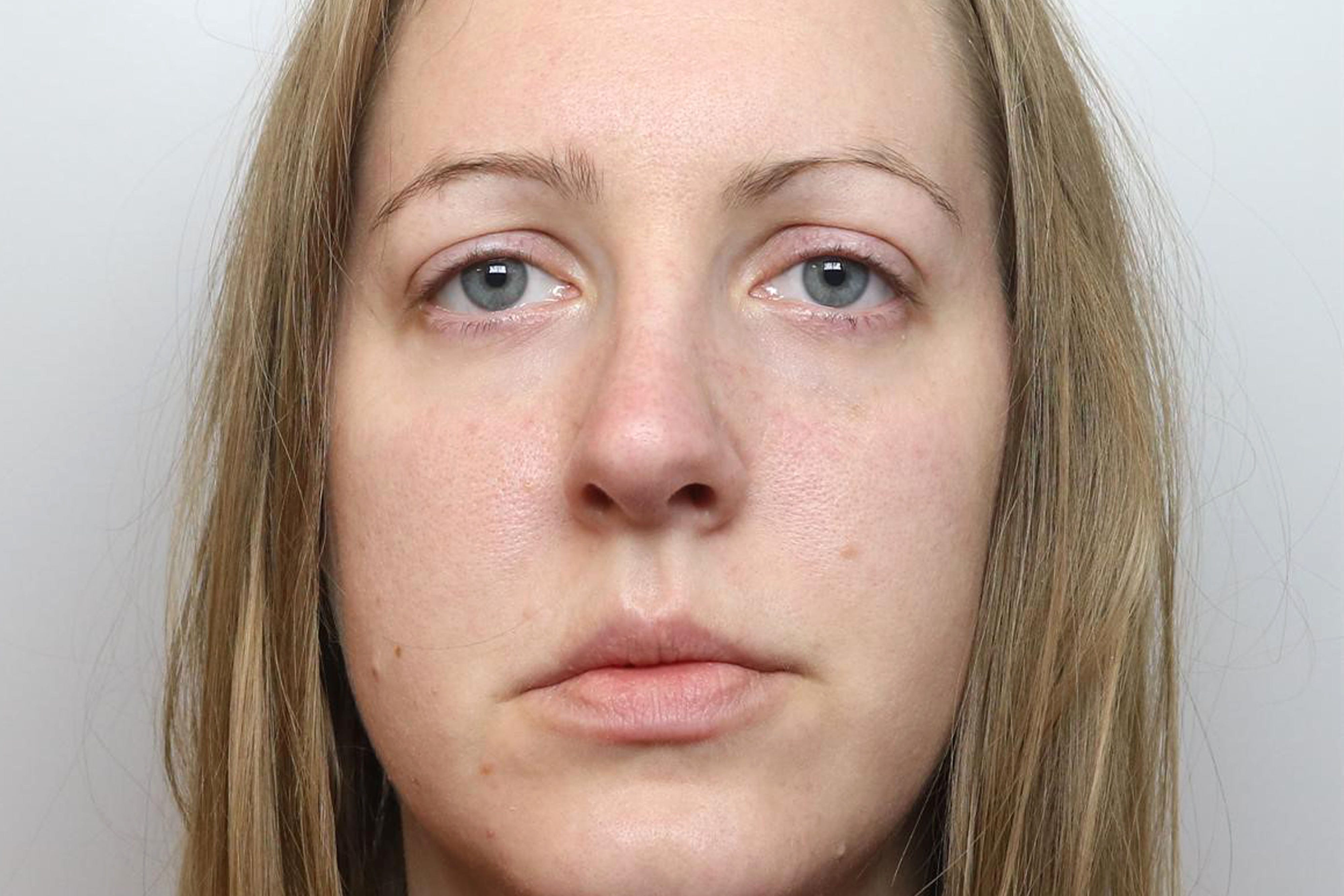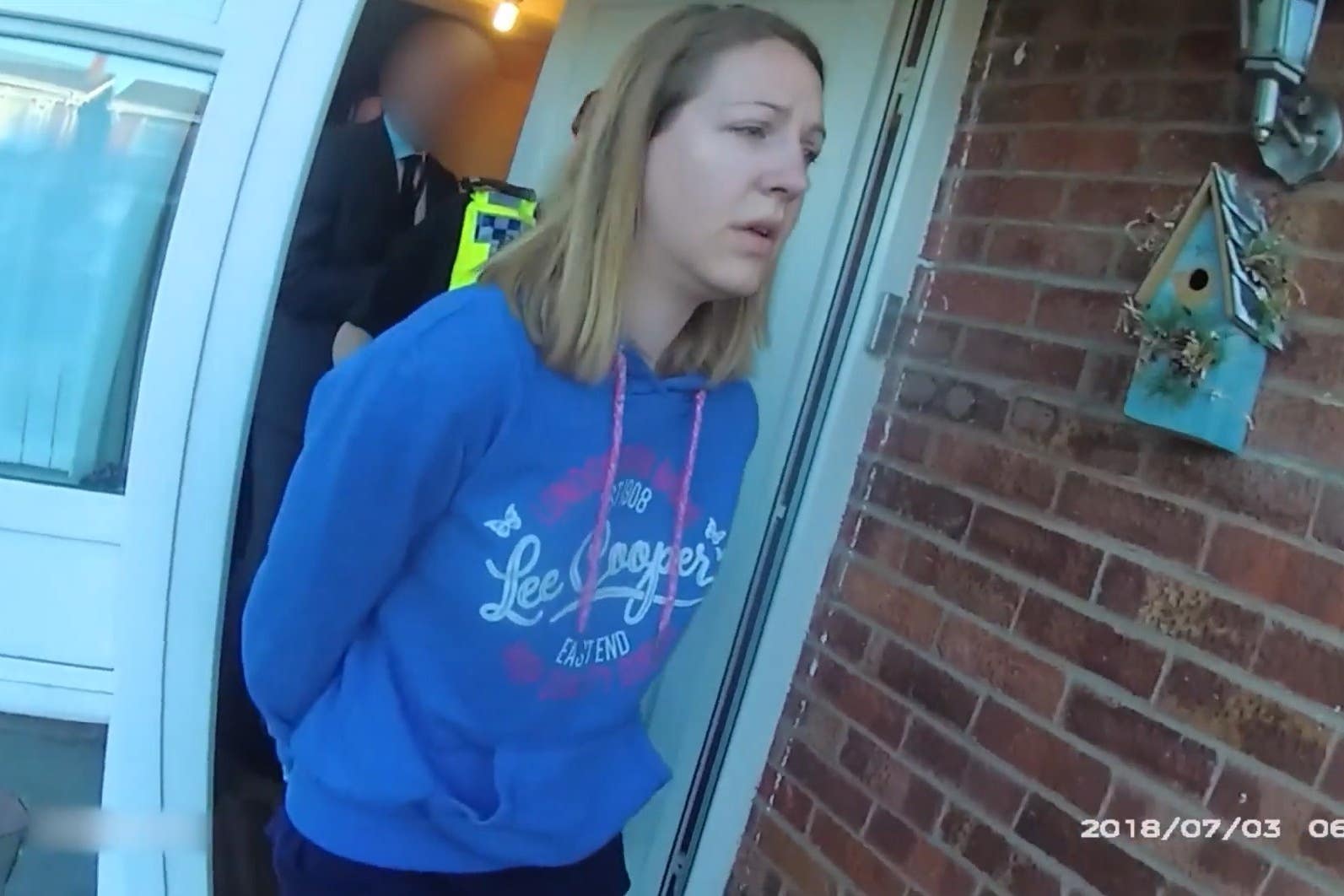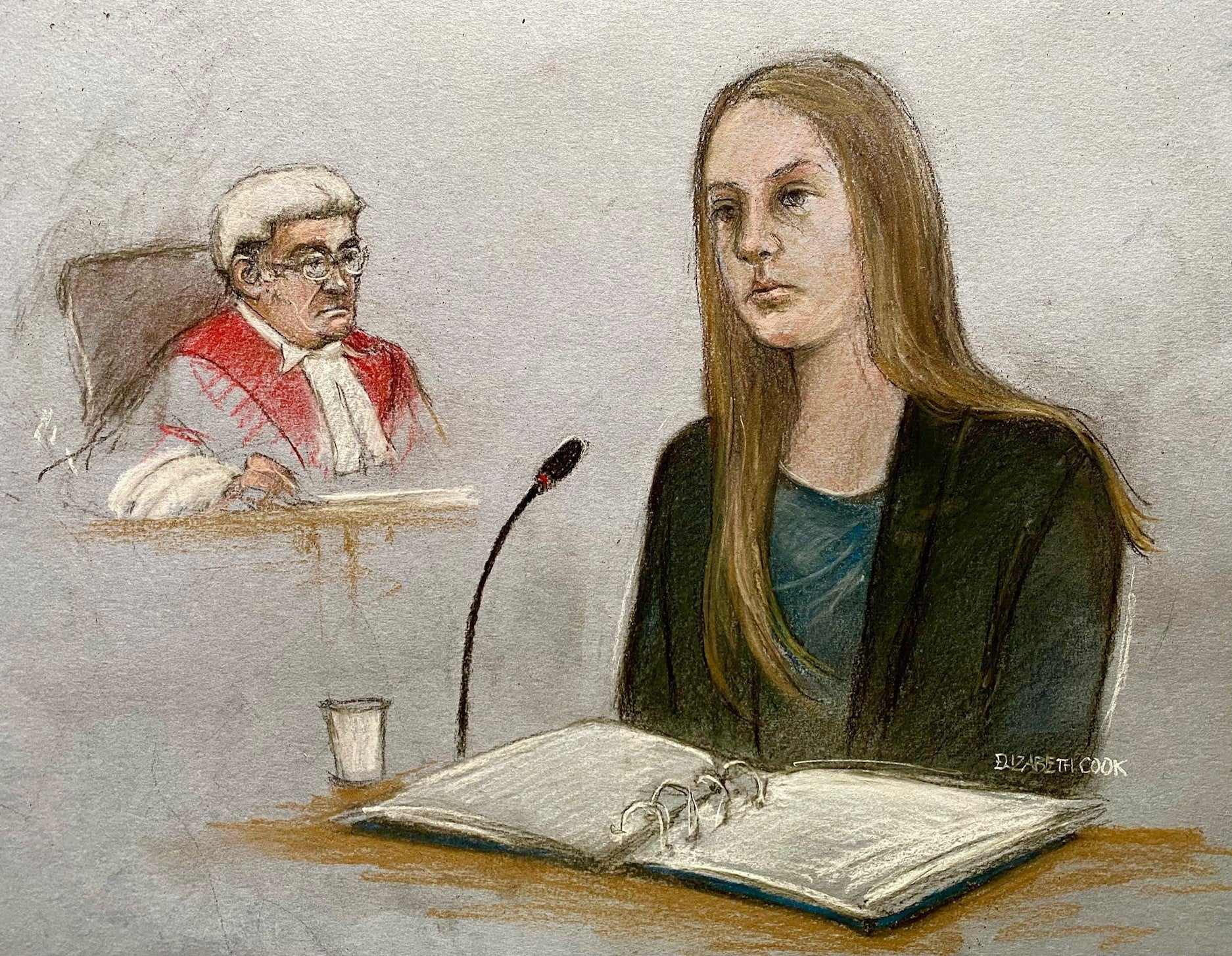More babies harmed and one poisoned under Lucy Letby’s care, new evidence suggests
The nurse’s trial has come under scrutiny in recent months as some criticise evidence used in her conviction

More babies under the care of convicted serial killer Lucy Letby were reportedly harmed, with one allegedly poisoned with insulin, new evidence suggests.
Letby was found guilty of murdering seven babies and attempting to murder seven others between June 2015 and June 2016, while she was working in the Countess of Chester Hospital’s neonatal unit. The 33-year-old was sentenced to 14 whole life orders in August 2023, meaning she will never be eligible for parole.
The case has come under scrutiny in recent months, with several leading doctors and scientists raising concerns about the evidence presented against Letby during her trial.
But BBC One’s Panorama has now found that while Letby trained at Liverpool Women’s Hospital in 2012 and 2015, almost a third of her 33 shifts saw potentially life-threatening incidents occur.

The programme reported that children’s breathing tubes had become dislodged in 40 per cent of Letby’s shifts; the usual rate per nurse per baby was just 1 per cent.
The jury in Letby’s first trial found that she had tried to kill two babies using insulin, but documents seen by Panorama suggest a third baby may have been poisoned with insulin within hours of the boy coming under Letby’s care.
Unusually high levels of the hormone were found in the boy’s system, lab results showed, while medical records showed a significant drop in blood sugar level.
A blood test from November 2015 showed very high levels of insulin and low levels of C-peptide – a substance produced by the body when insulin is being produced naturally. C-peptide is usually five to 10 times higher than the level of insulin.
The insulin level was over 6,945 picomoles per litre, which is unusually high for a baby. If the insulin were naturally produced, C-peptide would typically read at around 35,000 to 70,000, but it was found to be just 220.

Consultants believed the insulin was being produced naturally after tests later revealed the baby had congenital hyperinsulinism (CHI), a condition where the body produces too much insulin naturally.
But a baby with CHI would never produce so much insulin, four experts told Panorama, and the low C-peptide level was also not explained by CHI.
The two insulin cases in Letby’s first trial showed similar medical discrepancies, in which the babies were found with high insulin levels and low C-peptide. The prosecution argued the insulin must have been given to the babies rather than naturally produced.
Letby herself accepted the two babies must have been poisoned but denied that she was behind it. Meanwhile, her lawyers did not argue the evidence was wrong – despite not accepting it.

The prosecution’s case has come under heavy criticism in the past few months after multiple experts challenged the medical evidence and statistics used in Letby’s conviction.
Former cabinet minister David Davis has called for the nurse to be retried, saying there is a 90 per cent chance that she is innocent. He would be willing to discuss the case with Letby in jail, he told GB News.
“I have spent three months going through the evidence. I think most likely – you can’t be certain – but most likely, like 90-odd per cent, not guilty,” he said.
“The most likely reason is one of two things, either poor management of the hospital – the Royal College found that – or a superbug – an investigation found that – or both together. That is much more likely. I don’t want to declare her innocent. I want a retrial – do it properly.”
